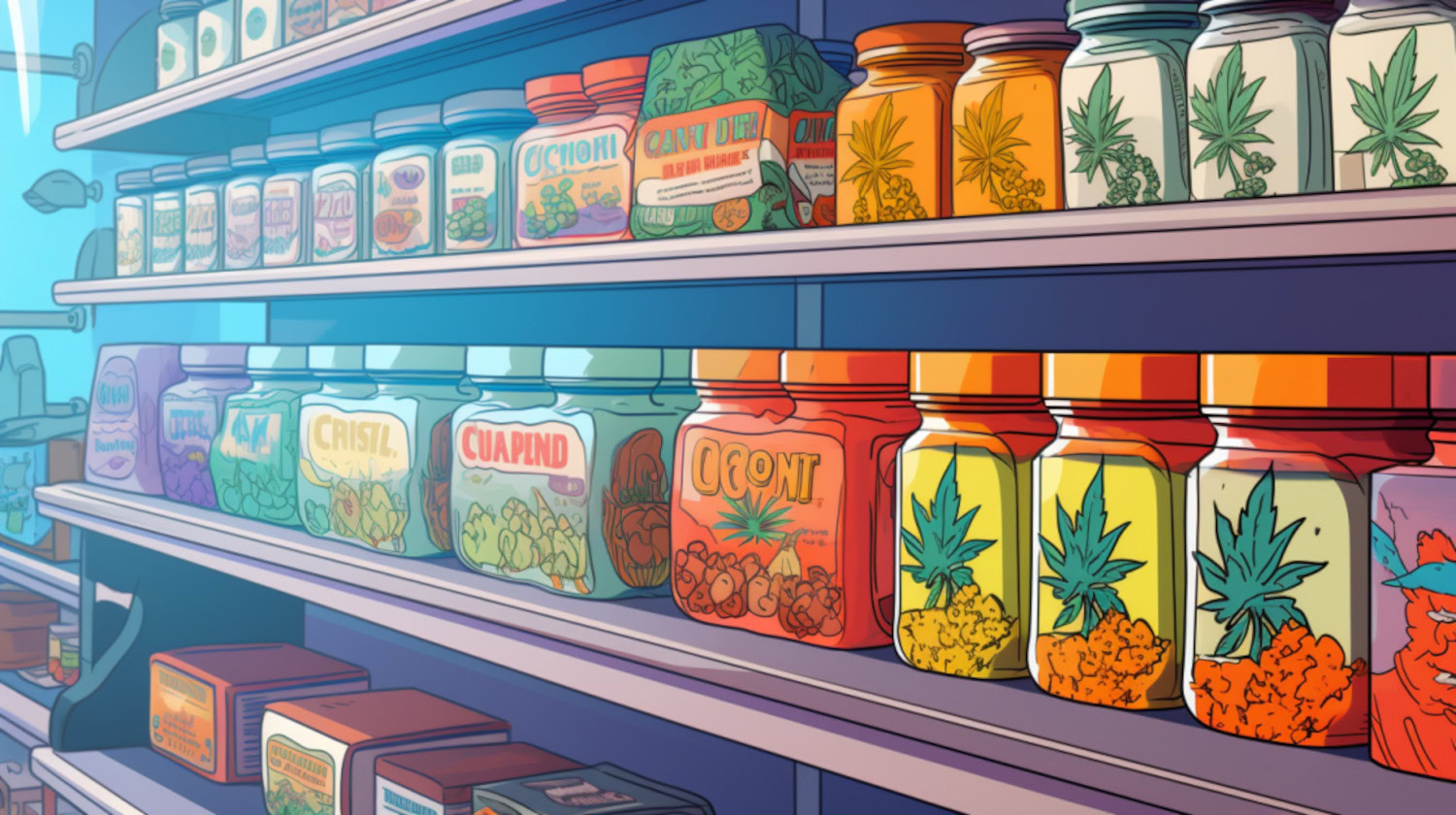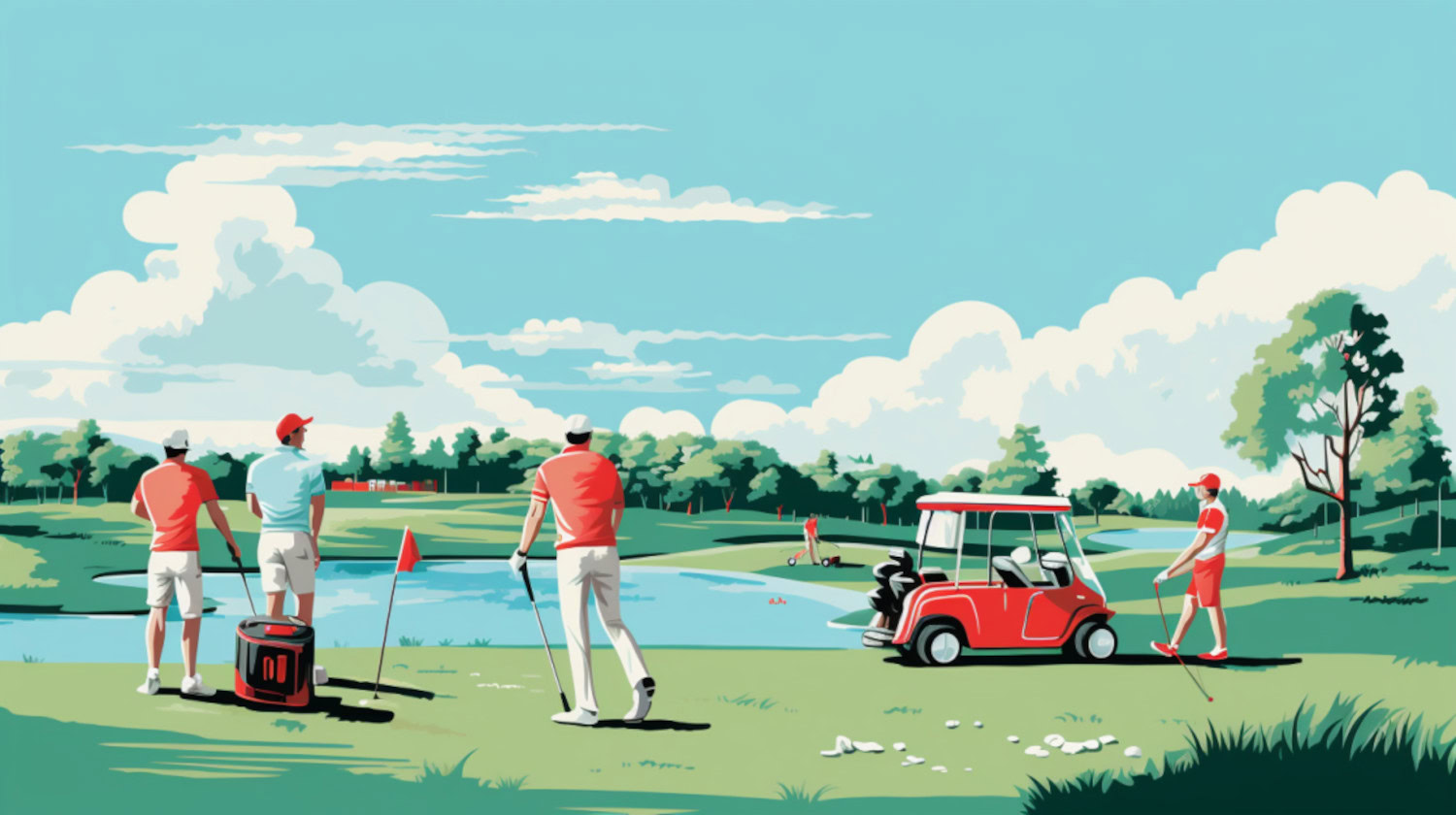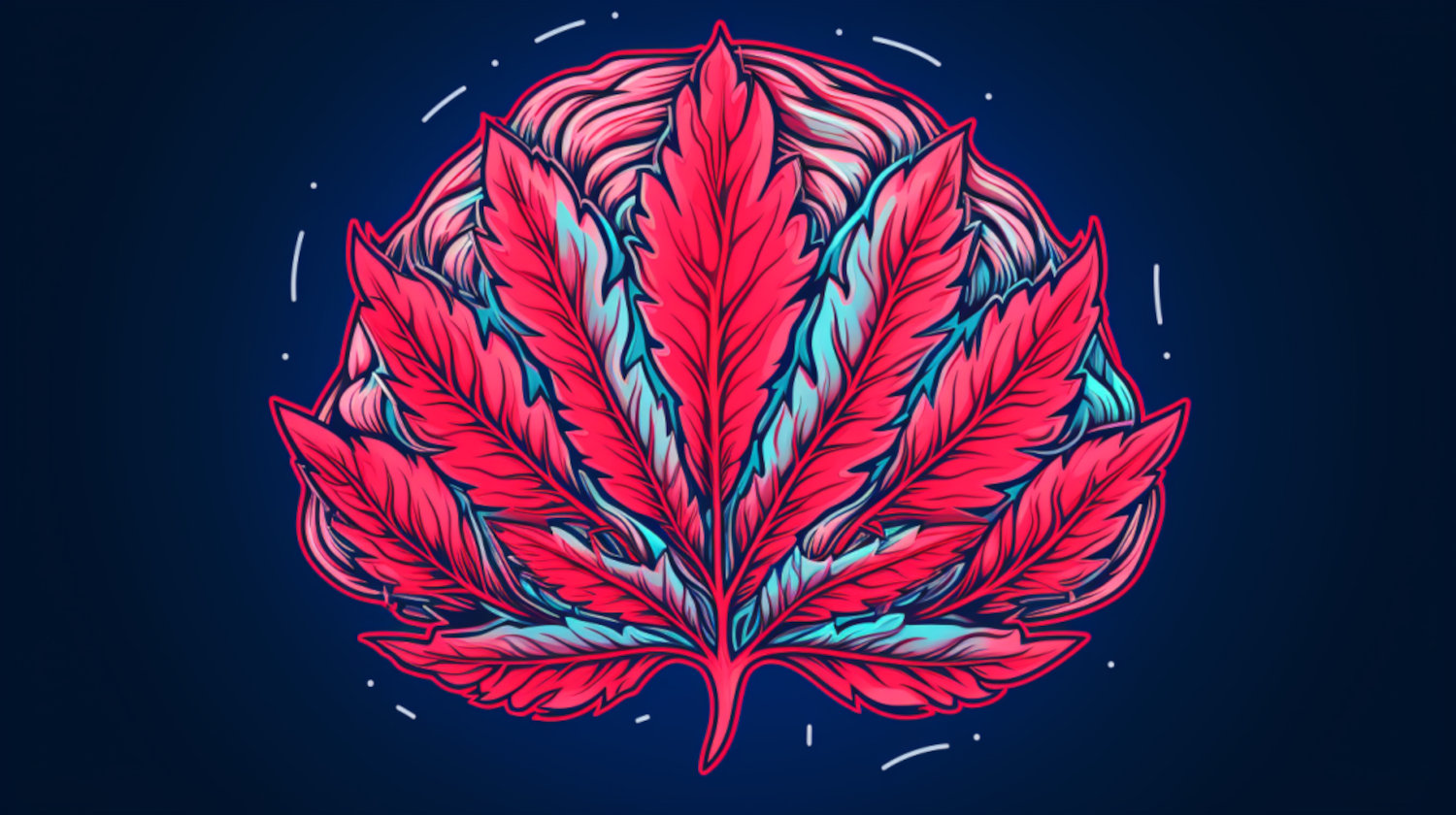In This Article
- Can Weed Help with Traumatic Brain Injury?
- Best Types of Edibles for Traumatic Brain Injury?
- Gummies
- Baked Goods
- Chocolates
- Tinctures
- Capsules
- Beverages
- How to Choose Edibles for Traumatic Brain Injury
- Consider the Cannabinoids
- Find the Correct Dose
- Verify the Quality
- Try Different Products
- Ask a Healthcare Professional
- Consider Homemade Edibles
- Buy From Legal Sources
- The 4 Best Edibles for Traumatic Brain Injury
- 1. Smokiez Sugar-Free CBD Gummies
- 2. Petra Mints Cinnamon CBD 1:1
- 3. Kiva Dark Chocolate CBD 5:1
- 4. Proof 1:1 Balanced CBD+THC Capsules
- References
Key Takeaways
- Cannabis may help alleviate TBI symptoms such as chronic pain, sleep disturbances, and mood changes.
- Popular products include gummies, capsules, and mints for convenience and precise dosing.
- Avoid ingredients that impair recovery, such as added sugars and alcohol
Exploring treatment options for a traumatic brain injury (TBI) may feel overwhelming for some. There are a range of traditional approaches, including medication, physical therapy, and cognitive rehabilitation.
Alongside established treatments for TBI, cannabis edibles may provide a complementary option for various TBI-related symptoms. However, the variety of products, from gummies to tinctures, may also feel overwhelming for new patients. That's why finding the right edibles for concussion and TBI can have a substantial benefit.
Can Weed Help with Traumatic Brain Injury?
Current research suggests that cannabis may help manage symptoms associated with TBI, such as chronic pain and sleep disturbances.1 Cannabinoids like cannabidiol (CBD) and cannabigerol (CBG) are known for their anti-inflammatory properties and may be able to reduce neurological damage, which are key concerns for TBI patients.2
CBD, in particular, may have neuroprotective properties, though much of the existing research is based on animal models. Clinical trials underway are expected to provide additional insights into the efficacy of CBD on TBI recovery.3
While CBG has been extensively studied for its neurological benefits, the effects of tetrahydrocannabinol (THC) are less consistent. Beta-caryophyllene, a terpene in cannabis, has also shown potential benefits, but the evidence is limited.²
Cannabis has been noted for its potential to reduce reliance on opioids and other medications. For instance, a study involving patients with mild TBI found that those using medical cannabis reported improvements in sleep, headaches, mood, and overall quality of life.¹
Studies have shown that recreational cannabis may offer short- and long-term neuroprotective benefits, which can be helpful after a concussion or other form of TBI. Cannabis may improve recovery through the entourage effect of cannabinoids, terpenes, and flavonoids.4
However, patients must consider that the effects of cannabis can vary. Some TBI patients have reported adverse effects such as decreased motivation, feeling “hazy,” and fatigue, which are symptoms that overlap with TBI itself. This raises concerns about potential compounding effects.¹
While there are positive patient reports and encouraging preclinical data, more robust clinical trials are needed to firmly establish the potential efficacy of cannabis in TBI treatment. Medical guidance is necessary due to the complexity of TBI symptoms and the individual variability in response to cannabis. Therefore, while cannabis shows potential, it should be approached with caution and used in conjunction with traditional medical treatment.
Best Types of Edibles for Traumatic Brain Injury?

Choosing the right type of edible for managing TBI can make a big difference. Gummies, baked goods, and chocolates are among the most popular and helpful, each suited for different needs. Here are a few edible types to consider:
Gummies
Gummies are popular for TBI recovery because they offer consistent and accurate dosing of cannabinoids like CBD, CBG, and THC, which may help reduce inflammation. Easy to consume and available in various flavors, gummies release slowly, providing lasting relief from pain and inflammation. They’re also easy to make at home.
Baked Goods
Baked goods like cookies and brownies are comforting and satisfying but come with a caveat. High sugar content may worsen inflammation, so choose or make low-sugar options to avoid a rise in cortisol.
Chocolates
Chocolates combine the benefits of cannabinoids like THC and CBD with the antioxidants found in cocoa, offering both an excellent taste and therapeutic benefits. The fats in chocolate help absorb cannabinoids more effectively, which may improve their anti-inflammatory effects.
Tinctures
When used sublingually (under the tongue), these allow for precise dosing and fast absorption, offering quick relief. They can be especially useful for managing acute symptoms and adjusting doses easily to achieve the desired effect.
Capsules
Like tinctures, capsules provide accurate dosing but with the convenience and discretion of a pill. They're suitable for those who need consistent, long-term relief and prefer not to taste the cannabis.
Beverages
Infused drinks are another way to ingest cannabinoids. They can be refreshing and offer a different experience from more traditional edibles, though effects typically begin within a similar timeframe as other edibles.
When choosing infused drinks, be mindful of added sugars and artificial ingredients since excessive sugar may worsen inflammation. Additionally, avoid drinks that contain alcohol, which can impair recovery and worsen TBI symptoms.
How to Choose Edibles for Traumatic Brain Injury
Choosing the right edibles for managing symptoms of concussions and longer-lasting TBI-like pain and inflammation requires considering several factors. Here's what patients need to know:
Consider the Cannabinoids
CBD is often considered the safest option due to its non-intoxicating properties and potential neuroprotective benefits. However, CBG and THC edibles may also be beneficial, especially for their anti-inflammatory properties. CBG, while less common, has been shown to positively impact neurological conditions. Patients should consider their symptoms and personal tolerance when choosing edibles with different cannabinoid profiles.
Find the Correct Dose
Determining the correct dosage may help manage the effects of TBI effectively. Edibles vary in potency, and the effects last longer and can be more intense than other forms of cannabis. This is primarily due to the way THC is metabolized when ingested. Starting with a low dose and gradually increasing it allows patients to gauge their tolerance and avoid potential side effects.
Verify the Quality
Always look for a certificate of analysis (COA) from the manufacturer. This certificate verifies that a third party has tested the product for potency and contaminants. Checking the COA helps patients avoid edibles that contain harmful impurities and confirms that the cannabinoid levels listed are correct.
Try Different Products
Trying different edible options, such as gummies, baked goods, and drinks, can help patients find the most effective product for managing TBI symptoms. Experimenting with various forms and dosages allows for a more personalized approach to symptom relief.
Ask a Healthcare Professional
A healthcare provider can recommend the best cannabinoid profiles for each patient based on their symptoms and medical history. They can also help determine the safest and most effective dosage and guide patients through understanding product quality, such as reading the COA.
Consider Homemade Edibles
Making edibles at home might be a viable option for patients who cannot find the exact product that meets their needs or those seeking to avoid additives in some commercial products. This allows for complete control over the ingredients and dosing.
Buy From Legal Sources
Purchasing edibles from legal and reputable sources helps to ensure product safety and quality. Legal dispensaries offer lab-tested products with verified potency and purity, protecting patients from harmful contaminants and providing accurate cannabinoid levels.
The 4 Best Edibles for Traumatic Brain Injury

For those managing symptoms of TBI, such as pain and inflammation, the right edibles can provide considerable relief. Patients have a wide range of CBD, CBG, and THC gummies, mints, and chocolates to choose from. Here's a rundown of the five best edibles based on consumer reports for concussions and severe TBI:
1. Smokiez Sugar-Free CBD Gummies
Each gummy has 25mg of CBD, is vegan, and is free from major allergens. It’s available in three delicious flavors: blue raspberry, watermelon, and tangerine. Gummies are popular for combating inflammation and providing pain relief, all while being a tasty, guilt-free snack.
2. Petra Mints Cinnamon CBD 1:1
These infused mints blend the soothing effects of CBD and THC, each 2.5mg per serving, with a spicy cinnamon kick. They're sugar-free and plant-based, perfect for on-the-go relief. Users love them for their mild, manageable effects, which help ease pain and anxiety without overwhelming them.
3. Kiva Dark Chocolate CBD 5:1
This dark chocolate bar offers a relaxing blend of 5mg CBD and 1mg THC per serving. The rich, smooth chocolate mixed with vanilla delights the senses and helps calm inflammation and minor pains with minimal intoxicating effects.
4. Proof 1:1 Balanced CBD+THC Capsules
These capsules make dosing straightforward, with 10mg of CBD and THC each. They’re a favorite for their customer-reported effects on reducing anxiety and improving sleep. These capsules provide a well-rounded approach to symptom management.
References
- Hergert DC, Robertson-Benta C, Sicard V, et al. Use of Medical Cannabis to Treat Traumatic Brain Injury. J Neurotrauma. 2021;38(14):1904-1917. doi:10.1089/neu.2020.7148 ↩︎
- Lins BR, Anyaegbu CC, Hellewell SC, et al. Cannabinoids in traumatic brain injury and related neuropathologies: preclinical and clinical research on endogenous, plant-derived, and synthetic compounds. J Neuroinflammation. 2023;20(1):77. Published 2023 Mar 19. doi:10.1186/s12974-023-02734-9
↩︎ - Aychman MM, Goldman DL, Kaplan JS. Cannabidiol's neuroprotective properties and potential treatment of traumatic brain injuries. Front Neurol. 2023;14:1087011. Published 2023 Feb 2. doi:10.3389/fneur.2023.1087011
↩︎ - Szaflarski J, Szaflarski M. Traumatic Brain Injury Outcomes After Recreational Cannabis Use. Neuropsychiatric Disease and Treatment. 2024;Volume 20:809-821. doi:https://doi.org/10.2147/ndt.s453616 ↩︎
The information in this article and any included images or charts are for educational purposes only. This information is neither a substitute for, nor does it replace, professional legal advice or medical advice, diagnosis, or treatment. If you have any concerns or questions about laws, regulations, or your health, you should always consult with an attorney, physician or other licensed professional.




